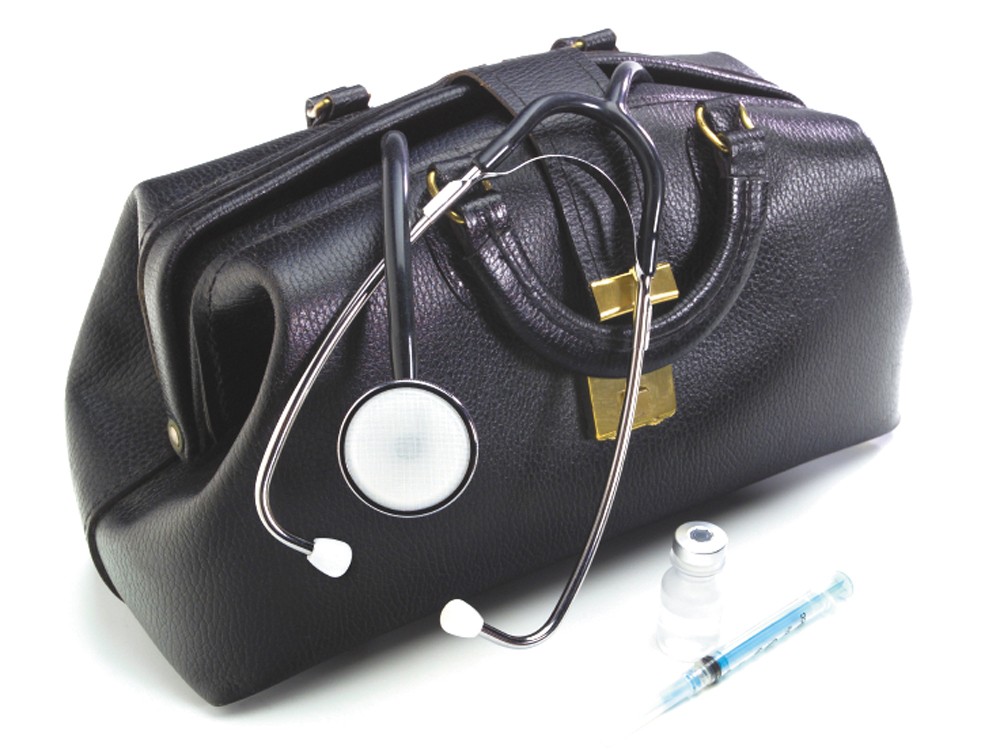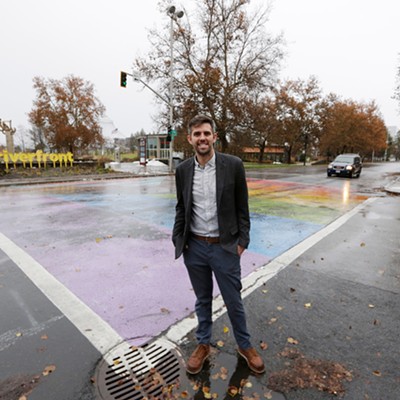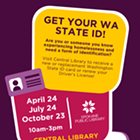Troy, Idaho, has managed to keep its population about the same over the last decade. But last month, the town of 862 east of Moscow lost its only clinic, leaving it without a doctor or a pharmacy.
“It’s a big-time deal,” says the town’s mayor, Ken Whitney. “We have to go out of town for anything we want.”
The clinic had been run by Moscow Family Medicine, about 12 miles away. But Jeff Geier, Moscow Family’s administrator, says he’s lost eight primary care physicians in the last 18 months, and to plug that hole in Moscow, the company decided to move their staff out of the clinic in Troy, which had been open for 22 years.
Geier blames the closure on a chronic shortage of doctors in the college town. “I’ve been at Moscow Family Medicine for seven years, and I can’t think of a time we weren’t looking for doctors,” Geier says.
Across Idaho, doctors are in short supply. A recent report by the American Medical Association says the state averages 206 physicians per 100,000 people — the second-lowest ratio in the country.
“Health care in our country is not a right, it’s a business,” says Laura Rowan, primary-care program manager for the Idaho State Office of Rural Health and Primary Care. “And a physician’s just like any other business person. [He or she] has to be able to make a go at it, and you have to have a community of size to be able to support your practice.”
But with few sizeable cities outside of Boise, and no medical school, Idaho struggles to attract doctors to practice in the expansive state’s many small towns.
“If you find a town that has less than 500 people, and there’s lots of them in Idaho, I can almost guarantee you there’s no physician there,” says Rowan.
From dealing with insurance companies and billing to having to respond to medical emergencies at all hours, Geier says it’s too much of a struggle for many small-town doctors to maintain a solo practice.
“It takes more infrastructure than one person can do by themselves, I just don’t think it can be done anymore,” Geier says. “My sense is the era of solo physicians passed five or 10 years ago.”
Because the state doesn’t have a medical school, Idaho students can apply to receive in-state tuition at medical programs in Washington and Utah, says Patrice Burgess, a Boise-based doctor. There are also residency programs available for medical students in Idaho.
But the eight positions available at the University of Utah and 20 at the University of Washington aren’t enough to close Idaho’s health care gap, Burgess says.
There’s also the issue of money. “A physician that is going to make a commitment to serve and spend his or her career in Spirit Lake is not going to make the same wages if they decide to set up shop in Los Angeles,” and their significant other may not be able to find work, Rowan says.
That was one of the struggles for Moscow Family Medicine, says Geier.
“Sometimes, doctors and their families don’t choose Moscow, because our community doesn’t have what they want,” Geier says. “Sometimes because it’s too rural — they want to be in the big city.”
But with counties like Shoshone and Benewah relying on injury-heavy industries like mining and lumber, says Dale Ross, medical director of the Benewah Medical and Wellness Center in Plummer, doctors in small towns are often the first to tend to catastrophic wounds.
“A good old country doctor that can help stabilize and help with that” is useful in places like these, Ross says.
Plummer, a town of just over 1,000 people, is lucky — its medical clinic is funded by the Coeur d’Alene Tribe. But the Troy clinic’s future is still uncertain. Moscow’s Gritman Medical Center may take over operations of the Troy clinic in June, their president, Kara Besst, says.
Ross, meanwhile, says he will be departing Plummer soon to start a practice in St. Maries, which has a population of 2,000. The small-town life agrees with him, he says.
“[Rural doctors] are there for that entire spectrum of health,” Ross says. “They are taking care of the mom, the four kids, the grandma. That’s why doctors in rural areas are there.”





















